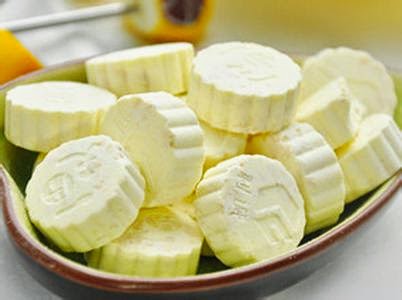 |
| Shijiazhuang Kidney Disease Hospital |
Children with nephrotic syndrome, hypoalbuminemia diet Note: The control of protein intake
Proteinuria is a major symptom of children with nephrotic syndrome, a 24-hour urine protein 150mg sustained over time is the massive proteinuria. Reduce human protein in protein malnutrition, hypoproteinemia plasma colloid osmotic pressure drop, resulting in edema refractory Nan Xiao, body resistance is also fall, and therefore in the absence of renal failure, should be given the right amount of high-quality protein diet, per kilogram of body weight per day from 0.7 to 1.0 grams, such as fish and meat. This helps to alleviate some of hypoproteinemia and consequent complications, and provide a stable environment for the body to repair damaged kidney tissue, which will help treat the disease.
Note that the above mentioned restrictions are appropriate intake of high protein diet, rather than a large number of random protein intake.
Analysis: Why control the intake of high protein diet in the late 1980s, has been advocating the treatment of children with nephrotic syndrome, hypoalbuminemia necessary protein diet, clinical practice shows that a high intake of high protein diet can lead to plasma proteins? increased, prompting increased renal blood flow and glomerular filtration rate, glomerular capillary perfusion at high pressure to the already impaired kidney burden. At the same time, a lot of protein intake can also lead to increased urinary protein to form a "drain on the make up" the vicious cycle of state, accelerated glomerular sclerosis, the treatment of children with nephrotic syndrome significantly negative.
Children with nephrotic syndrome, hyperlipidemia diet Note: Control of fat intake
Children with nephrotic syndrome associated with hyperlipidemia. Hyperlipidemia can cause atherosclerosis and glomerular damage, hardening, and thus in the treatment of a strict diet intake.
The reason children with nephrotic syndrome, hyperlipidemia produced two cases, one is cholesterol, one is elevated triglycerides. Different factors induced hyperlipidemia have different taboos in the diet, and thus for the patient to be treated differently. Therefore should be limited to animal offal, fat, some seafood rich in cholesterol and fat intake.
1, due to elevated cholesterol in patients with hyperlipidemia caused, should be limited to cholesterol, saturated fatty acid content of foods, such as high cholesterol, animal offal, brain, spine, egg yolk, roe, shellfish and some mollusks eat . Saturated fatty acids because it can promote the absorption of cholesterol food, and thus controlled, eat cream products, animal fats, palm oil and the like. At the same time, children with nephrotic syndrome should increase unsaturated fatty acids, carbohydrates, and high-quality low-protein diet intake, such as a variety of vegetable oils and fish oil.
2, due to elevated triglycerides in patients with hyperlipidemia caused, should be limited to the total calorie intake, calories too easily converted into body fat can cause obesity and lipid metabolism disorders and concurrent secondary hyperlipidemia. Therefore, children with nephrotic syndrome, patients with this type of food intake must be controlled to maintain body weight within the standard range, hypertriglyceridemia patients carbohydrates, especially simple sugars such as glucose, fructose, and disaccharides such as sucrose sensitive, very easily attracted to fat transfer into the liver, so patients should eat less sugar and sweets, especially refined refreshments.
Accompanied by hyperlipidemia in children with nephrotic syndrome specific course of treatment, in accordance with the conditions obey doctor's orders, strict diet schedule.
没有评论:
发表评论